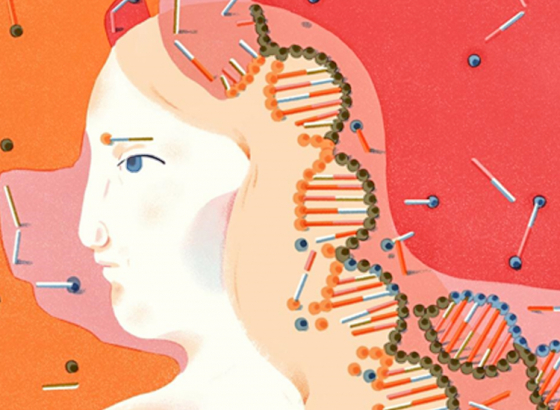Recent studies by Canadian researchers have shown that an average human consumes about 72,000 particles of microplastics every year. Microplastics are small plastic particles that are lesser than 4 millimeters in length, usually being microscopic.Microplastics are generally the result of breaking off of larger plastic pieces. Microplastics are also available in artificially produced health and beauty products.
Microplastics are present everywhere in the environment, from ocean beds to mountains and glaciers. These microscopic pieces are blown away by wind or carried by objects that come in contact with it. Microplastics contribute greatly to plastic pollution and their small size makes it next to impossible to detect it until searched for it specifically.
Humans consume these microplastics in their packaged food, tiny debris from plastic products used daily, artificially manufactured products etc. it is estimated that a person drinking tap water consumes about 4,000 such particles whereas a person consuming bottled water can consume over 90,000 such particles.
The research into microplastics began when researchers found traces of it in the fecal matter of certain test subjects. The range of food covered by researchers hardly covers about 15% of the calorie intake done by us, hence an obsolete number cannot be stated just yet.
Since the study of microplastics and its effect on human health is relatively new, the impact it has on our health isn’t fully determined yet. Since different plastics have different chemical compositions, hence their toxicity also differs, while some might pass our body, others can accumulate in our gut and cause an array of health problems. Some might contaminate our body with their harmful chemicals.
Researchers believe that considering the current lifestyle that we enjoy, having a microplastics free diet is next to impossible but its intake can be reduced mostly by avoiding packaged food. The infiltration of this foreign entity into the food system might eventually cause a varied list of disruptions.
If you think that the consumption of plastic is a major problem, the amount of microplastics we inhale is estimated to be much higher than the amount we consume owing to growing air pollution. While the study is based in the American environment, people living in cities and countries facing worse plastic crisis naturally are greater targets of this epidemic.
Since not much research has been done on this subject, research is being conducted to detect the extent of the impact of it on the human body. Such findings only reveal the amount of disruption our actions have caused to the ecosystem.








